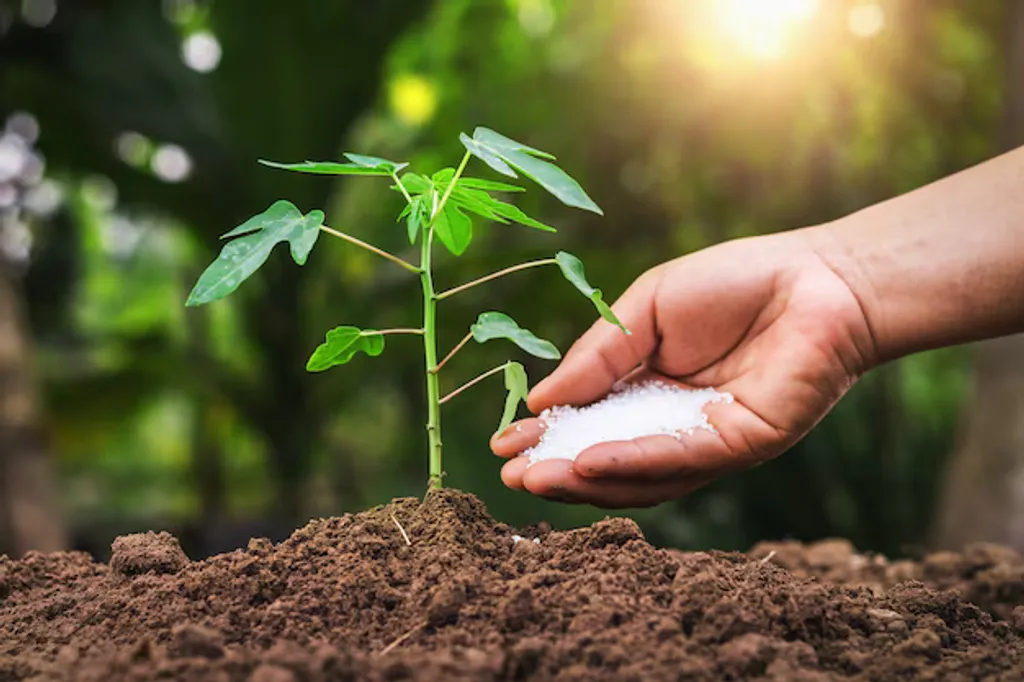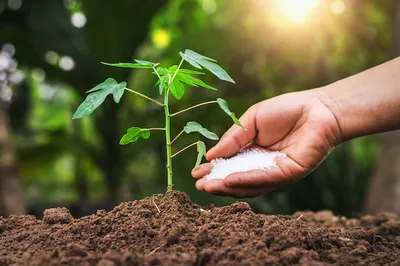The Black Soldier Fly (BSF) larvae are transforming agriculture by converting organic waste into high-quality fertilizer, known as frass, which significantly enhances soil quality. Here’s a more detailed look at its benefits:
1. Nutrient Availability
BSF frass is rich in essential nutrients like nitrogen (N), phosphorus (P), and potassium (K), which are vital for plant growth. The balanced nutrient composition helps in the development of robust plant structures and promotes healthy growth.
2. Soil Structure Improvement
The application of BSF frass improves soil texture by increasing its capacity to retain water and nutrients. This leads to better root development and overall plant health. The organic matter in the frass also contributes to the formation of soil aggregates, enhancing soil aeration and permeability.
3. Promotion of Beneficial Microorganisms
The decomposition process facilitated by BSF larvae encourages the proliferation of beneficial soil microorganisms. These microorganisms play a crucial role in nutrient cycling, organic matter decomposition, and suppressing soil-borne pathogens. This symbiotic relationship enhances soil fertility and health.
4. Pest Control
BSF frass acts as a natural pest deterrent. It contains compounds that repel harmful insects and reduce the incidence of plant diseases. This natural pest control mechanism reduces the need for chemical pesticides, promoting a more sustainable agricultural practice.
5. Environmental Sustainability
Using BSF larvae for waste conversion significantly reduces the volume of organic waste. This process lowers greenhouse gas emissions compared to traditional waste disposal methods. Additionally, the production of BSF frass as a fertilizer reduces reliance on synthetic fertilizers, which are often associated with environmental degradation due to runoff and pollution.
6. Circular Economy
BSF farming is a prime example of a circular economy. Organic waste, which would otherwise contribute to landfill mass and pollution, is converted into valuable products. This sustainable approach not only addresses waste management issues but also produces a high-quality soil amendment.
7. Cost-Effective
The use of BSF frass can be a cost-effective alternative to chemical fertilizers. Farmers can produce their own fertilizer on-site, reducing the costs associated with purchasing and transporting commercial fertilizers. This also offers farmers more control over the nutrient content and quality of the fertilizer used in their fields.
Practical Applications
- Agriculture: Enhancing crop yields and improving soil health.
- Gardening: Promoting healthy plant growth and reducing pest problems.
- Waste Management: Efficiently recycling organic waste into valuable resources.
.jpg)

